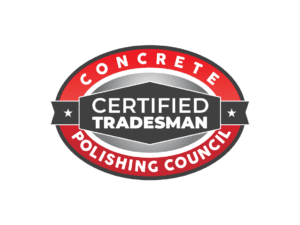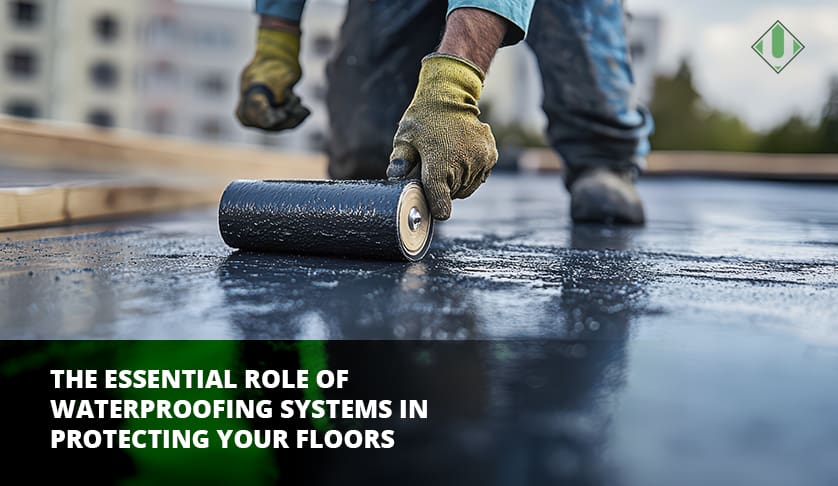Waterproofing floors is crucial for maintaining structural integrity and preventing damage. In this post, we’ll explore why waterproofing systems are essential and how they can benefit both residential and commercial spaces.
What is Floor Waterproofing?
Floor waterproofing involves applying a protective barrier to floors to prevent water from penetrating the surface. This barrier can be created using various materials, such as membranes, coatings, and sealants, designed to block moisture and water. By implementing a reliable waterproofing system, you ensure that your floors remain dry and safe from water damage, thus extending their lifespan and maintaining their appearance.
Benefits of Waterproofing Floors
One of the primary benefits of floor waterproofing is the prevention of water damage, which can lead to structural issues and costly repairs. Waterproofing systems also play a significant role in mold prevention by keeping floors dry and inhibiting the growth of mold and mildew. Additionally, waterproofed floors are easier to clean and maintain, and they contribute to a healthier indoor environment by reducing the risk of allergens and bacteria.
Applications of Waterproofing Systems
Waterproofing systems are versatile and can be applied to various types of floors in both residential and commercial settings. In homes, waterproofing is essential in areas prone to moisture, such as bathrooms, kitchens, and basements. In commercial spaces, waterproofing is crucial for maintaining the integrity of floors in places like retail stores, offices, and healthcare facilities. Industrial settings, such as warehouses and factories, also benefit from waterproofing, as it protects floors from spills, chemicals, and heavy use.
Choosing the Right Waterproofing System
Selecting the appropriate waterproofing system depends on the specific needs of your floor and the environment in which it is used. Consider factors such as the type of floor, the level of moisture exposure, and the intended use of the space. Consulting with professionals, like Urbanac Surfaces Pro, can help you choose the best materials and methods for your waterproofing project. Whether you opt for professional installation or a DIY approach, ensuring that your floors are properly waterproofed is a wise investment in their longevity and durability.
By implementing effective waterproofing systems, you can protect your floors from water damage, enhance their durability, and create a healthier, more resilient environment in both residential and commercial spaces.
In addition to protecting against water damage, waterproofing systems significantly improve the overall durability of your floors. Water-resistant floors are better equipped to handle daily wear and tear, whether in residential spaces with moderate moisture exposure or in industrial settings facing spills and chemicals. This added layer of protection not only prevents damage but also preserves the aesthetic appeal of your floors, keeping them looking new for longer. Waterproofed floors are also easier to clean, which reduces maintenance costs over time. By investing in a reliable waterproofing solution, you enhance both the longevity and appearance of your floors, making it a valuable addition to any space.
When choosing a waterproofing system, it’s essential to evaluate the specific conditions of the area and the type of flooring. Factors such as the level of moisture exposure, floor material, and the space’s function should guide your decision. Professionals like Urbanac Surfaces Pro can provide expert advice and install tailored waterproofing systems, ensuring optimal protection. Whether you’re dealing with high-traffic commercial spaces, residential areas prone to moisture, or industrial environments that require heavy-duty protection, selecting the right waterproofing materials—such as membranes, coatings, or sealants—will safeguard your floors from potential damage. With the proper system in place, your floors will remain strong, resilient, and ready to handle the challenges of any environment.


